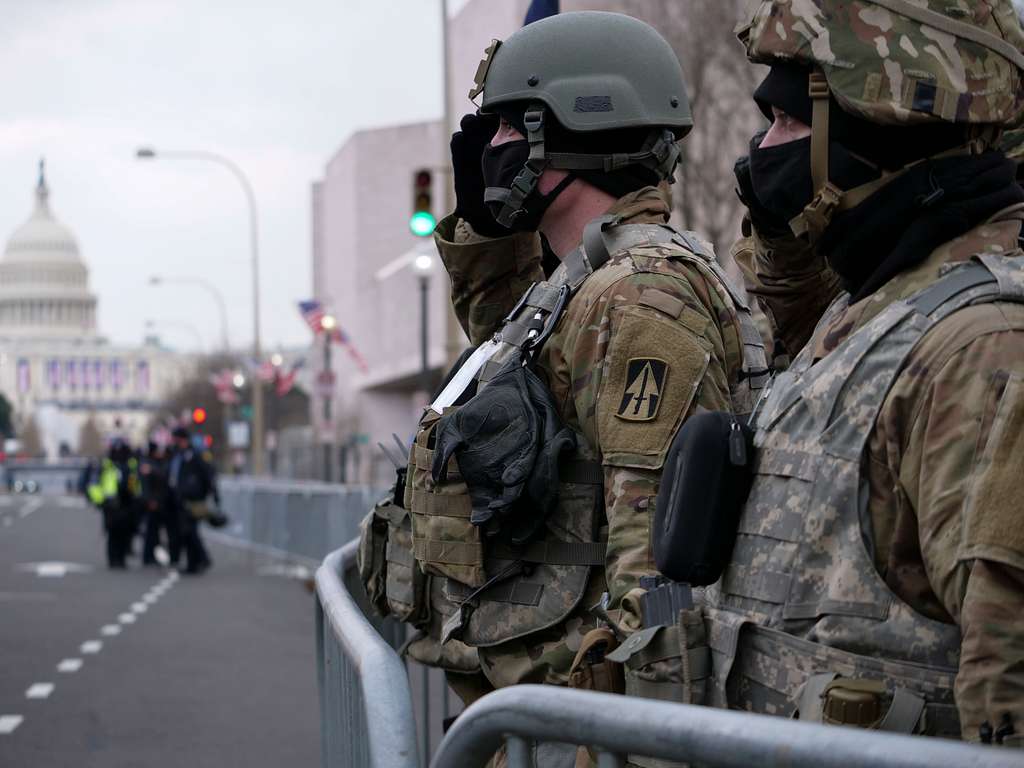President Donald Trump’s decision to send federalized National Guard troops into Democratic-led cities represents a horrendous abuse of executive power.
The Guard’s role is to defend and protect domestic communities, not to serve as a political weapon against them. Turning a defensive force into a tool of oppression endangers the foundation of American democracy.
The National Guard has historically provided relief during disasters, emergencies and humanitarian crises. It primarily functions under state control unless lawfully federalized for national defense or specific emergencies. Deploying it against American cities without consent disrupts the fragile balance between state and federal authorities.
Trump has deployed or threatened to deploy troops to Chicago, Portland, Los Angeles and Washington, D.C., citing a need to restore law and order. All these cities share a common feature: each is led by a democratic administration that has clashed with Trump’s policies. This suggests political retaliation rather than protecting the public.
The Posse Comitatus Act restricts the use of military forces for civilian law enforcement. Trump’s actions push dangerously close to those limits. Illinois Gov. JB Pritzker and the City of Chicago filed suit to block the deployment, calling it unconstitutional and a direct assault on state sovereignty.
A federal judge in Oregon issued an order temporarily halting Trump’s deployment of National Guard troops to Portland. The court found that the administration failed to provide evidence of rebellion or unrest warranting federal military action. The ruling underscored the importance of judicial oversight in maintaining constitutional limits.
The National Guard was created to serve the public in times of need. Using it to assert political dominance undermines its credibility and the public’s trust. A president’s duty is to protect citizens, not punish cities for political opposition.
Even within the Republican party, concern has emerged over the precedent Trump is setting. Some lawmakers warn that politicizing troop deployments could lead to future presidents abusing the same power. Once neutrality is lost, restoring trust can become impossible.
People who support Trump’s decision argue that federal intervention is necessary to curb rising crime. They claim that the federal government must step in when officials fail to control violence. However, Trump has repeatedly shown no interest in intervening in Republican-controlled cities.
That selective approach reveals a troubling motive. Deploying the National Guard only in cities run by political opponents exposes the decision as partisan. It completely weakens the faith in the military’s neutrality and deepens divisions among Americans.
The Trump administration has cited the Insurrection Act as justification for its current actions. The act permits limited military involvement when a rebellion or the collapse of public order occurs. Using it to punish dissent or assert political dominance distorts the law’s intent.
The Insurrection Act was designed to maintain order and protect civil rights. Expanding its use to settle political grievances poses a grave threat to democracy. Trump’s National Guard deployments reflect a growing willingness to use federal power as a political tool. The military’s purpose is to defend the nation, not enforce partisan control.
Each misuse of that authority chips away at the separation between political and military power.
The National Guard’s legitimacy depends on being seen as a protector of all people of the U.S. Once it becomes associated with specific political agendas, its credibility and effectiveness are lost. A nation that turns its troops onto its own people risks losing the moral high ground that sustains democracy.
Congress, the courts and state leaders must act to preserve constitutional boundaries. Federal overreach must not become standard practice. Protecting the National Guard’s independence ensures that it remains a shield for all Americans, not a weapon pointed toward them.
The U.S. military exists to defend the Constitution, not any single leader. Maintaining that principle is essential to the country’s survival. The National Guard must remain a symbol of unity and service, not an instrument of division and control.






